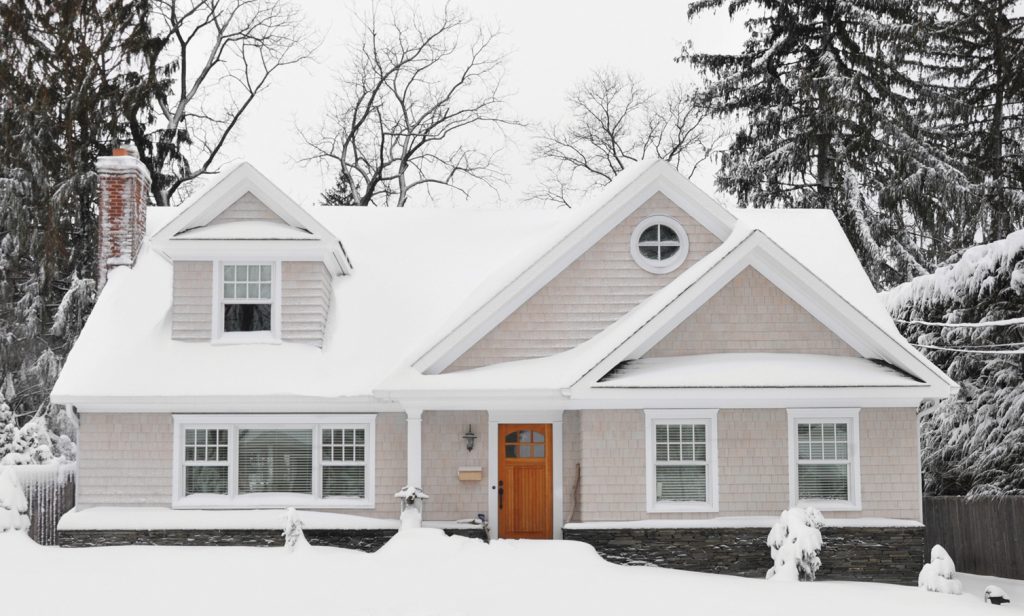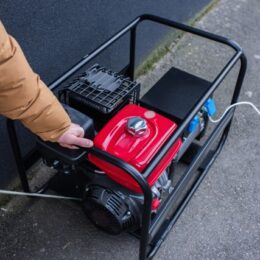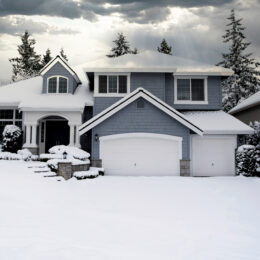
Want to save money on your energy bills this winter — without spending a lot to make it happen? Here are 15 low- or no-cost changes you can make:
- Use your home’s ceiling fans to make the rooms feel warmer. Most people think fans are just for summer, but ceiling fans running slowly in reverse will circulate the heat that rises toward the ceiling. (You have to manually switch the direction of the blades each season.)
- Check your windows. Even energy-efficient, double-pane windows won’t keep the cold out if they’re not completely closed. Latch them, too; if it’s not easy to do that, chances are, the window isn’t closed all the way.
- Add weather-stripping or caulk around windows and doors. Light a match or a stick of incense and hold it near the window frame. If the smoke sways, that means the window is leaking air. Caulking can significantly reduce heat loss. Don’t forget to add weather-stripping around the doors leading to the basement and attic.
- Seal windows with plastic sheets using an insulator kit. Shrinking the plastic film with a hairdryer ensures a smooth and tight seal.
- Replace worn door sweeps on exterior doors to help prevent heat loss under the door.
- Rearrange your furniture. Move sofas and rugs that are blocking vents, which can cause uneven heating. Locate your most frequently used furniture near interior walls; it’s colder to sit near exterior walls, especially those with windows.
- Install a “smart” thermostat that lets you program it or adjust the heat even after you’ve left the house. There’s no need to heat your home at the same level when it’s empty as when your family is home. Turning back your thermostat by 10-15 degrees for eight hours a day can save up to 15 percent on your heating bill.
- Keep the shades wide open during daylight hours. The sun heats your home for free all day. Close the curtains at night to keep heat in.
- Check the seams and joints of your ductwork for leaks. Repair any leaks with a duct-sealing compound for even and efficient heating.
- Pull on a sweater and keep the thermostat at a lower temperature. You could save at least 1% per degree on your electric bill.
- Run your clothes dryer and dishwasher after dark. They produce heat that can keep your home warm at the coldest time of the day.
- Install compact fluorescent bulbs or LED lights in the fixtures you use the most. These bulbs use far less energy than incandescent bulbs.
- Dirty filters make your HVAC system work harder to heat the air. Aim to change filters every three to six months.
- If your water heater is older or not well insulated, wrap it in an insulating jacket.
- Limit your hot water use. Running the hot water when it’s not needed sends the energy used to heat it down the drain. Wash clothes in cold water and take shorter showers.



